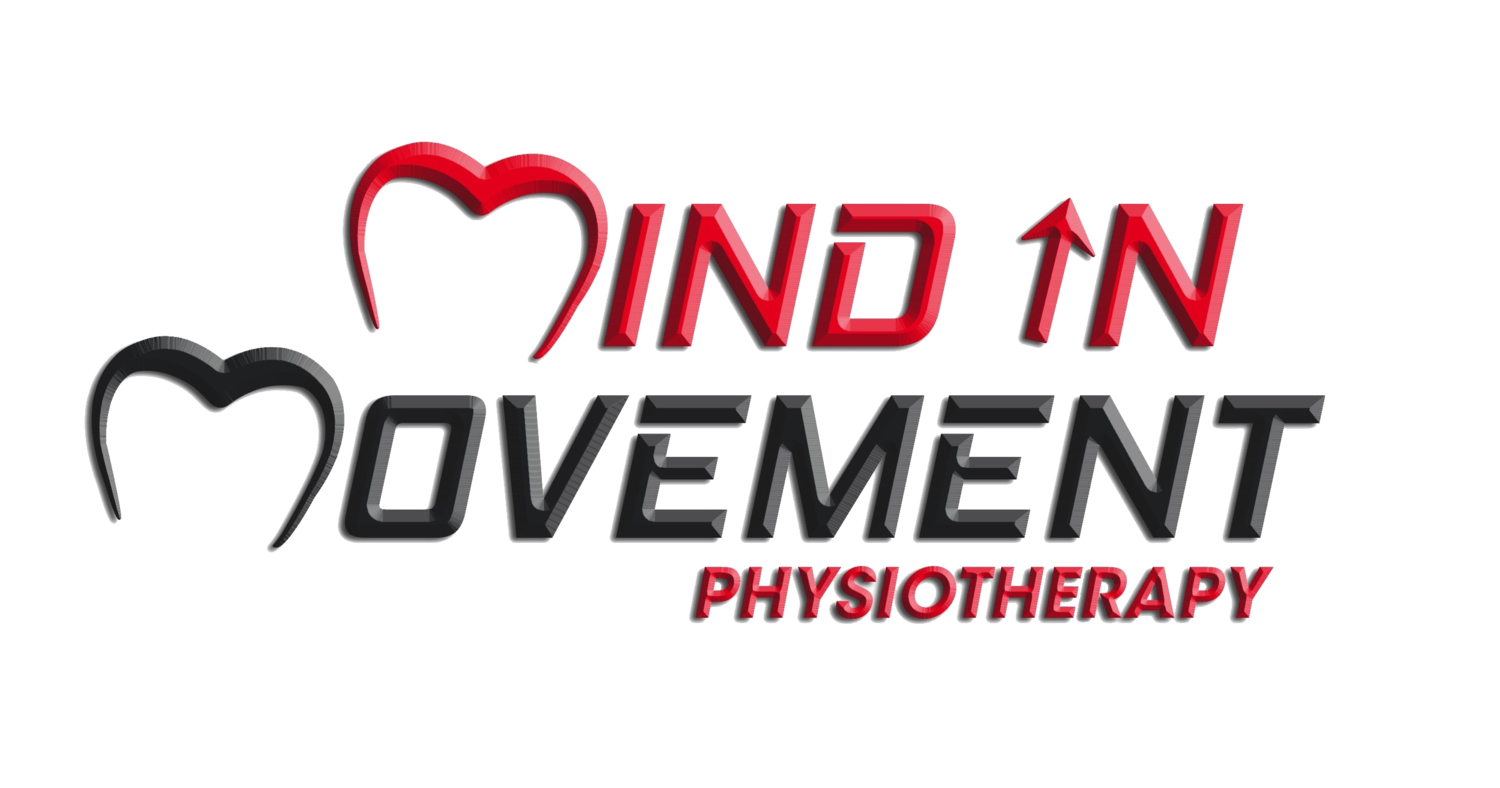Alcohol and Performance
Alcohol and sport have a long history of being linked- whether as a way to celebrate a big win or as a way to get over a tough loss, it’s common practice to grab a drink with friends or teammates after a game. While this may have some social impacts that have not been research extensively, there has been a fair amount of research in the biological effects alcohol has on your body during recovery from exercise.
During strenuous exercise the muscles use up their fuel stores, called glycogen, and need to replenish this storage once exercise is finished. It has been shown in research that consuming alcohol immediately post exercise has a harmful effect on these stores getting replenished when compared to consuming a carbohydrate focused post game meal (Barnes, 2014). This would have a negative carry over effect to the next bout of exercise as it would mean our muscles would be working without a full tank of gas, both reducing performance and possibly increasing the likelihood of a muscular injury.
The next aspect of recovery that alcohol can influence is hydration. Hydration is a very important part of recovery, especially where exercise bouts or games happen in quick succession such as a tournament or weekend games. Increased amounts of alcohol consumption in moderate amounts increases urine output, which leaves your body in a dehydrated state (Barnes, 2014). Playing sport or exercising when dehydrated has many detrimental consequences including an increased risk of muscle cramping and a decrease in cognitive function or decision making.
Alcohol also can hinder muscle recovery by reducing protein synthesis. Muscle is made of up protein, and after strenuous exercise muscles can get injured or overworked and need to essentially rebuild the injured structures through protein synthesis. Alcohol has a negative impact of this by interfering with important hormones such as testosterone that play a part in starting this rebuilding of muscle fibers (Parr et al., 2014).
The final aspect of recovery that alcohol plays a part in is inflammation. Inflammation is a natural response by the body when something is injured or stressed to increase blood flow and healing factors to the injured site. Unfortunately, alcohol consumption makes this inflammatory process, which should only last a few hours to a day or two at most, take longer than necessary which delays the rest of the healing process and will result in injuries taking longer to heal than they would with a quality rehabilitation regime.
Overall, it is important to avoid alcohol after exercise because it can interfere with your recovery in many ways. Ideally, recovery should be just as important as the exercise itself and include rest, good nutrition involving protein, carbohydrates and rehydration, as well as seeing a quality physio for any injuries that you may pick up.
~Jordan Freeman
References:
Barnes, M. J. (2014). Alcohol: impact on sports performance and recovery in male athletes. Sports Medicine, 44(7), 909-919.
Parr, E. B., Camera, D. M., Areta, J. L., Burke, L. M., Phillips, S. M., Hawley, J. A., & Coffey, V. G. (2014). Alcohol ingestion impairs maximal post-exercise rates of myofibrillar protein synthesis following a single bout of concurrent training. PLoS One, 9(2), e88384.

